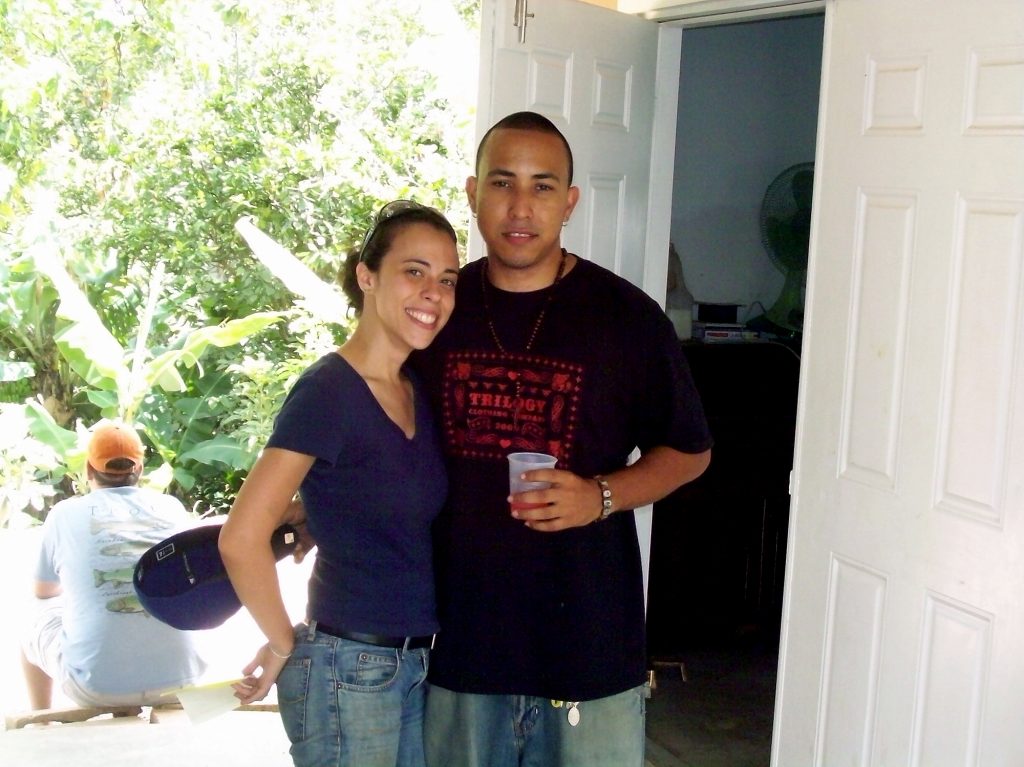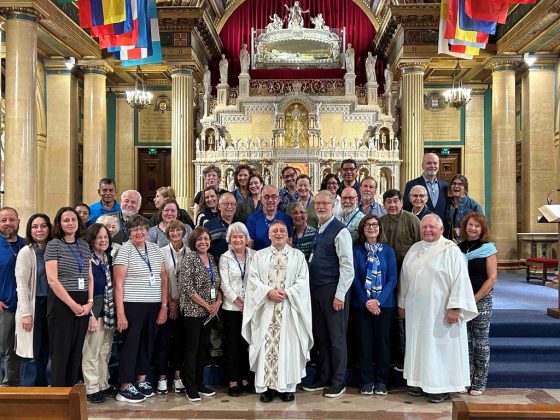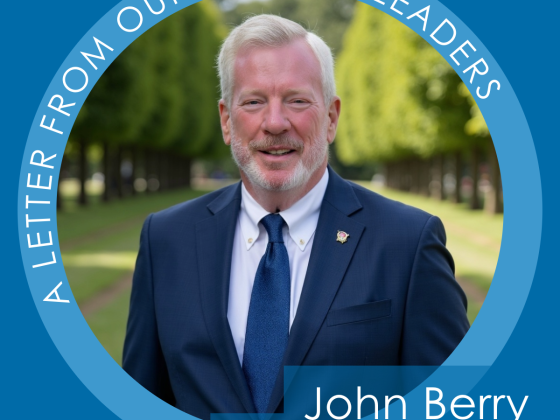 My husband and I were living as missionaries in a remote village in San Juan de la Maguana, Dominican Republic, close to the Haiti border, when I first embraced the work of justice. I was skeptical when our Mission Office started to engage with the government in providing breakfast and lunch to the schoolchildren who were attending the schools our mission had built and opened – after all, this was the same government that allowed them and their families to live in towns without electricity, running water, paved roads, medical centers, or schools and hadn’t even assigned birth certificates to most of our neighbors. And, yet, when the Church and the government worked together, we accomplished so much more for the people we were serving than either entity could have done alone. For example, our volunteers and community members built schools; our long-term missioners provided instruction to adults who had previously only received very basic elementary education but would eventually attain college degrees and become the schoolteachers of their villages; while the government provided nutrition programs and officially recognized our schools.
My husband and I were living as missionaries in a remote village in San Juan de la Maguana, Dominican Republic, close to the Haiti border, when I first embraced the work of justice. I was skeptical when our Mission Office started to engage with the government in providing breakfast and lunch to the schoolchildren who were attending the schools our mission had built and opened – after all, this was the same government that allowed them and their families to live in towns without electricity, running water, paved roads, medical centers, or schools and hadn’t even assigned birth certificates to most of our neighbors. And, yet, when the Church and the government worked together, we accomplished so much more for the people we were serving than either entity could have done alone. For example, our volunteers and community members built schools; our long-term missioners provided instruction to adults who had previously only received very basic elementary education but would eventually attain college degrees and become the schoolteachers of their villages; while the government provided nutrition programs and officially recognized our schools.
In time, I learned that my observations weren’t novel at all. In fact, we as Catholics have a rich history of Catholic Social Teaching that I just had not yet discovered. In 1891, Pope Leo XIII wrote the encyclical, Rerum Novarum, considered the foundational document of Catholic Social Teaching, in which he called for fair wages and better working conditions for workers, writing that, “The foremost duty, therefore, of the rulers of the State should be to make sure that the laws and institutions, the general character and administration of the commonwealth, shall be such as of themselves to realize public well-being and private prosperity.” And, to this day, our Church continues to inspire us to build a more just society through advocating with our elected officials. As Pope Francis wrote in his first apostolic exhortation, Evangelii Gaudium, “Politics, though often denigrated, remains a lofty vocation and one of the highest forms of charity, inasmuch as it seeks the common good.”
In our political context, however, our Catholic values do not fit perfectly into either major party box. As the Catholic bishops of the U.S. have recognized, we may feel “politically disenfranchised.” But being involved in advocacy does not mean that we delve into partisanship. In fact, our Catholic values transcend party politics – recognizing that God-given human dignity is reflected in every person in every stage and in every circumstance. And, for this very reason, I am profoundly convinced that we as Catholics are uniquely equipped and called to heal political polarization by being in relationship with our elected officials of any political persuasion in order to improve the lives of our most marginalized brothers and sisters.
I am deeply humbled to have recently joined the Society of St. Vincent de Paul USA, which has such a beautiful history of service to our neighbors in need. As Pope Benedict wrote in Deus Caritas Est, “…charitable activity on behalf of the poor and suffering was naturally an essential part of the Church of Rome from the very beginning.” However, he goes on to express, “…it still remains true that charity must animate the entire lives of the lay faithful and therefore also their political activity, lived as ‘social charity.’” We must continue to serve people in crisis because it is what Jesus would do and what we are called to do in imitation of Him. But, sadly, our charitable activities alone will not end hunger, homelessness, or poverty. To create a truly just society in which no child of God is left on the peripheries, we must also be active in the work of justice. But how do we do that?
Most importantly, build relationships with your elected officials. Meet them in their office, invite them to your conference or program, or invite them to a neutral location like a cafe. Share with them your experience as a Vincentian and the needs that you’ve observed in your community. Tell the stories of the people you serve – even better if neighbors in need, or neighbors who have been in need, can join to tell their own stories. Learn about your members of Congress by finding your official here.
I am honored to join you in this work and together help build communities in which all of our neighbors can thrive and meet their basic needs. I look forward to meeting and learning from many of you at the annual gathering. May God continue to bless you, your ministries, and all you serve.





Thank you for your service and living Catholic Social Teaching!